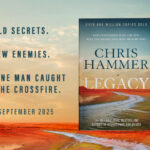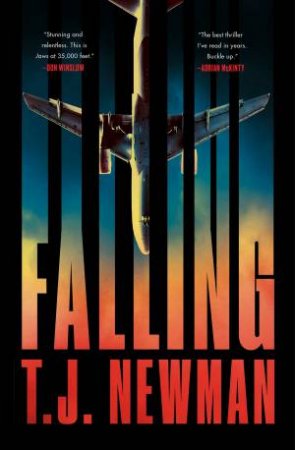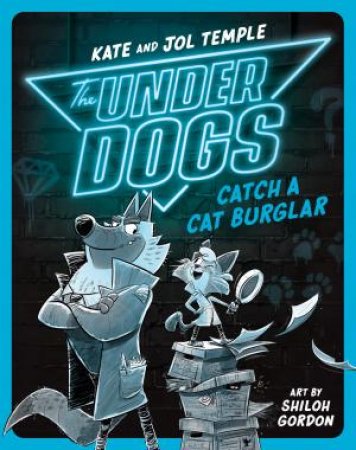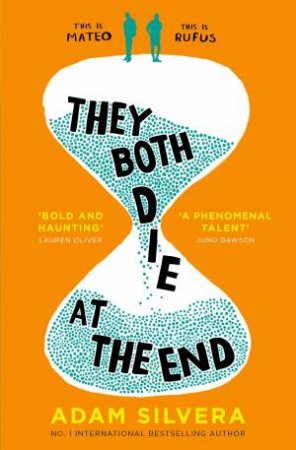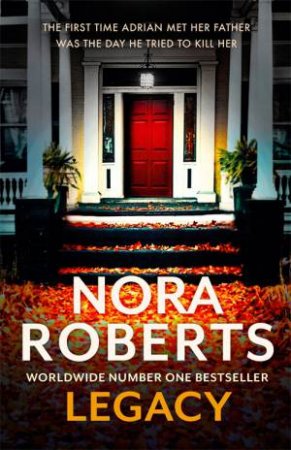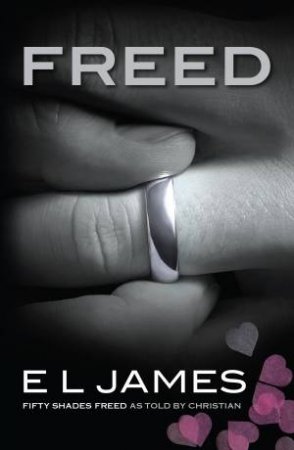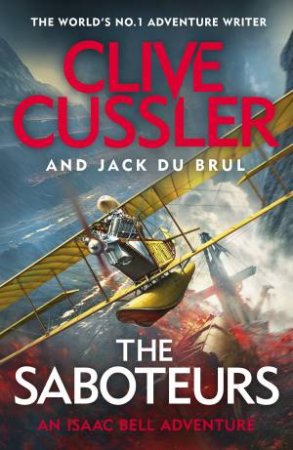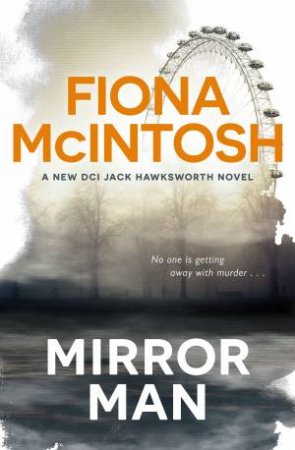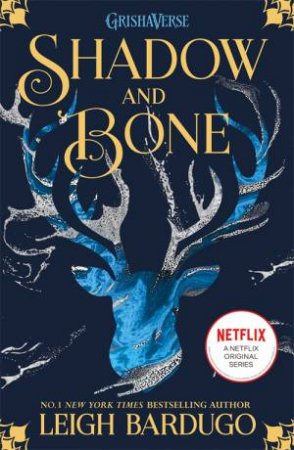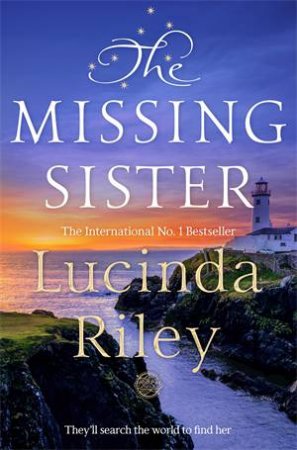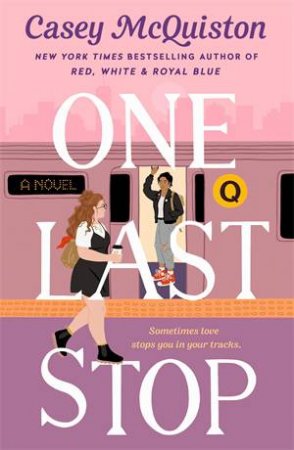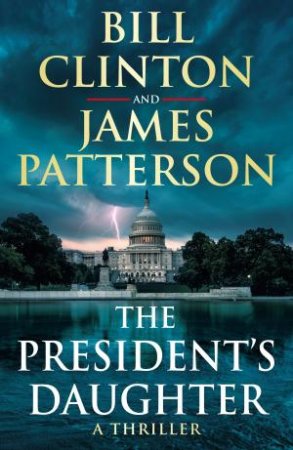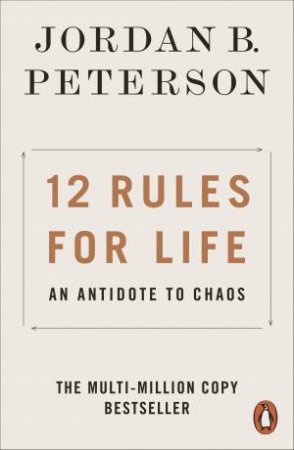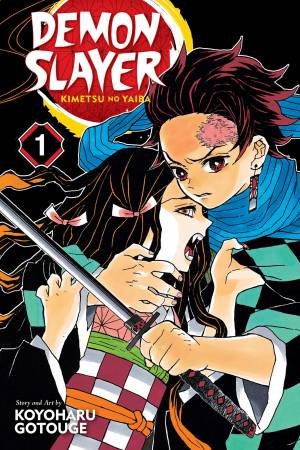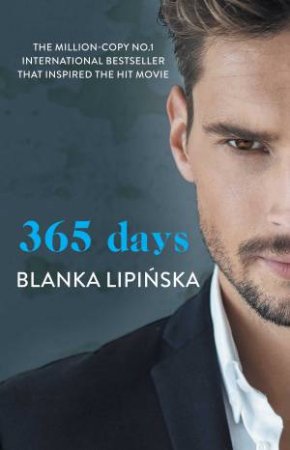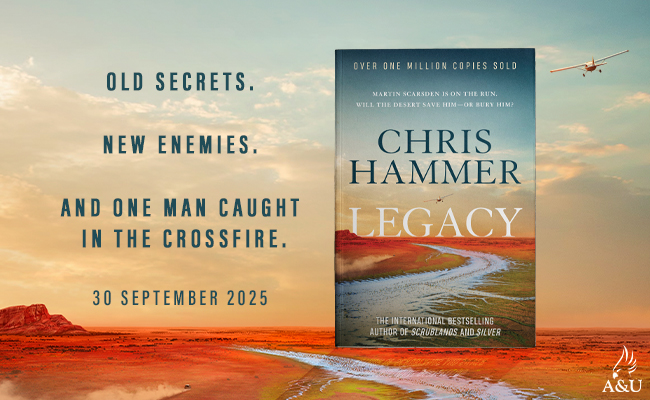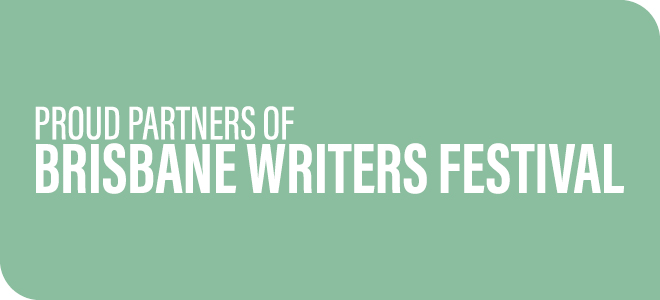Have you ever wondered who is the person behind the success of legendary Australian rock band, Cold Chisel? Or who was the pioneer in Australian music that created a significant impact, on Australian music history forever?
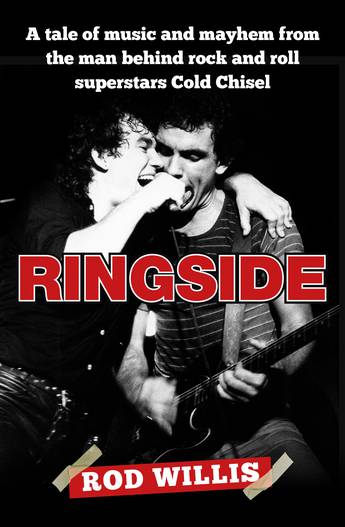
That incredible person would be Rod Willis, he has released a riveting new non-fiction title that spans the 1960s to the 2000s and tells the story of how a once eighteen-year-old surfer from Sydney, ended up managing one of the most successful rock bands.
Our QBD Blog Readers have exclusive access to an extract from “Ringside” that was provided by our publishers Allen and Unwin. Keep reading to discover more about this unbelievable story.
First Impression of Cold Chisel
In late March 1977, after much coercion from my kid brother, I traipsed down to a small club in the centre of Sydney’s Chinatown to check out a band from Adelaide, Cold Chisel. Chequers was owned by Keith and Dennis Wong, wealthy restauranteurs, racehorse owners and the undisputed kings of Chinatown in the 50s and 60s. Once the Chequers stage had been graced by the likes of Liza Minnelli, Sammy Davis, Jnr, and Shirley Bassey, but by mid-1970s, the club’s star had faded and the owners were attempting to revive the club with local rock acts.
Descending the stairs, I was greeted by a dark, dingy, mostly deserted room, lifeless except for a mirror ball’s lights bouncing off every surface. Disco music blared from the sound system, the smell of stale Chinese food hung in the air. I have often described the room that night as having three men and a dog in attendance. This is not true—there was no dog.
Crammed onto the tiny stage were drums, bass, guitar and keyboards, lit by 4 or 5 PAR can lights that dangled precariously from a steel bar above. The band slowly ambled onstage and immediately the tousle-haired singer grasped the microphone and proceeded to turn his back to the audience, such as it was. Shoulders hunched forward, his right leg pulsating, the mic cradled close to his lips as if he wanted to eat it. Tight, super tight, the rhythm section laid down a driving bed as the piano player pounded like Jerry Lee Lewis, while the curly-maned guitarist ripped out the rhythm and lead.
When the singer started up, I had to pinch myself as his voice was awesome, unique, reminding me of the first time I heard a seventeen-year-old white kid from Birmingham in the late 60s named Steve Winwood. Sure, it came from the same influences that had borne many other great white blues singers, but it was less gravelly and emanated from deep down in the diaphragm, where the power is.
Watching Cold Chisel perform that night in front of a handful of punters, questions immediately arose in my mind: was I fooling myself? Were they that good? And if so, where were the music aficionados, the trainspotters, the suits?
In the UK this band would be all over the music press, and there would be lines of people queuing up and down the street, but tonight there was nothing but half a dozen girls on the dance floor, seemingly more intent on each other than the five individuals on the dimly lit stage.
I went away that night convinced that they were something exceptional, that they indeed had amazing potential, not just here in Australia but worldwide.
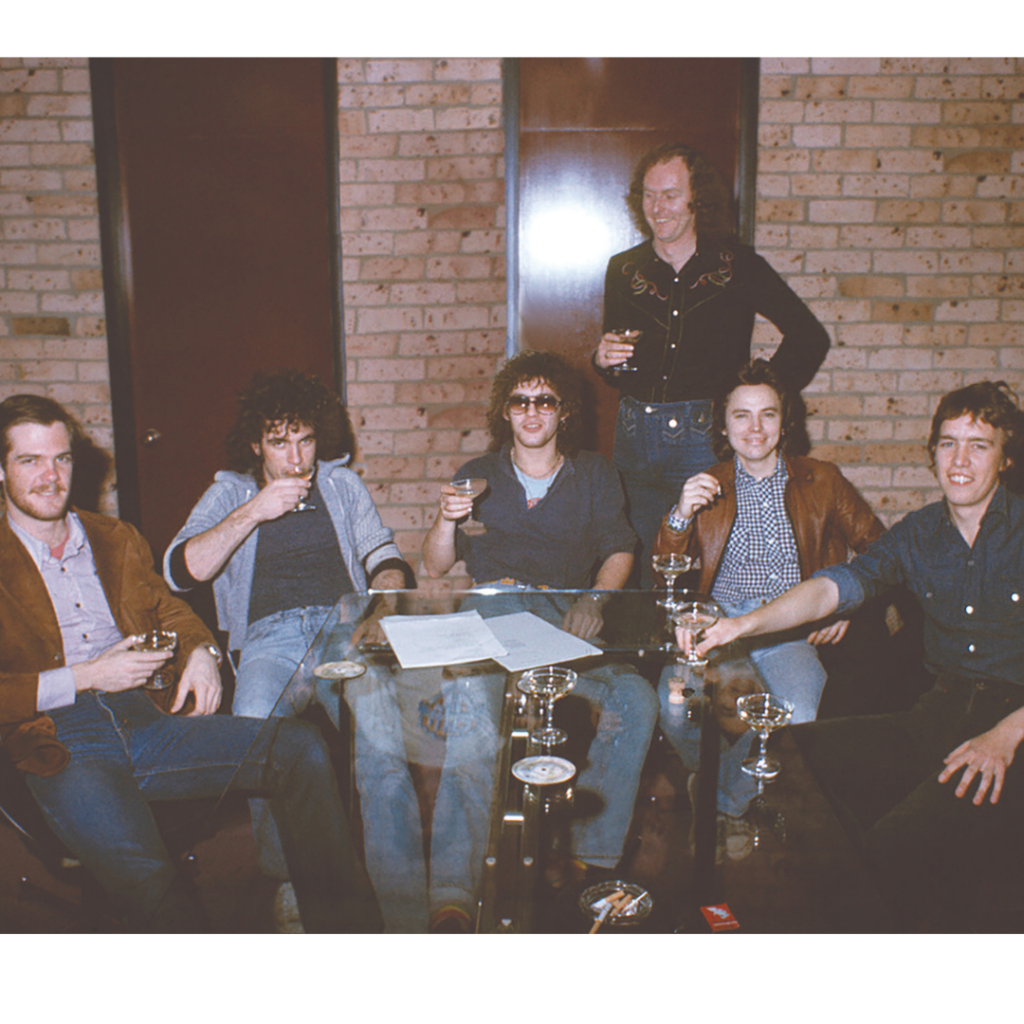
Cold Chisel signs with Warners, September 1977.
Photo by: Phil Mortlock
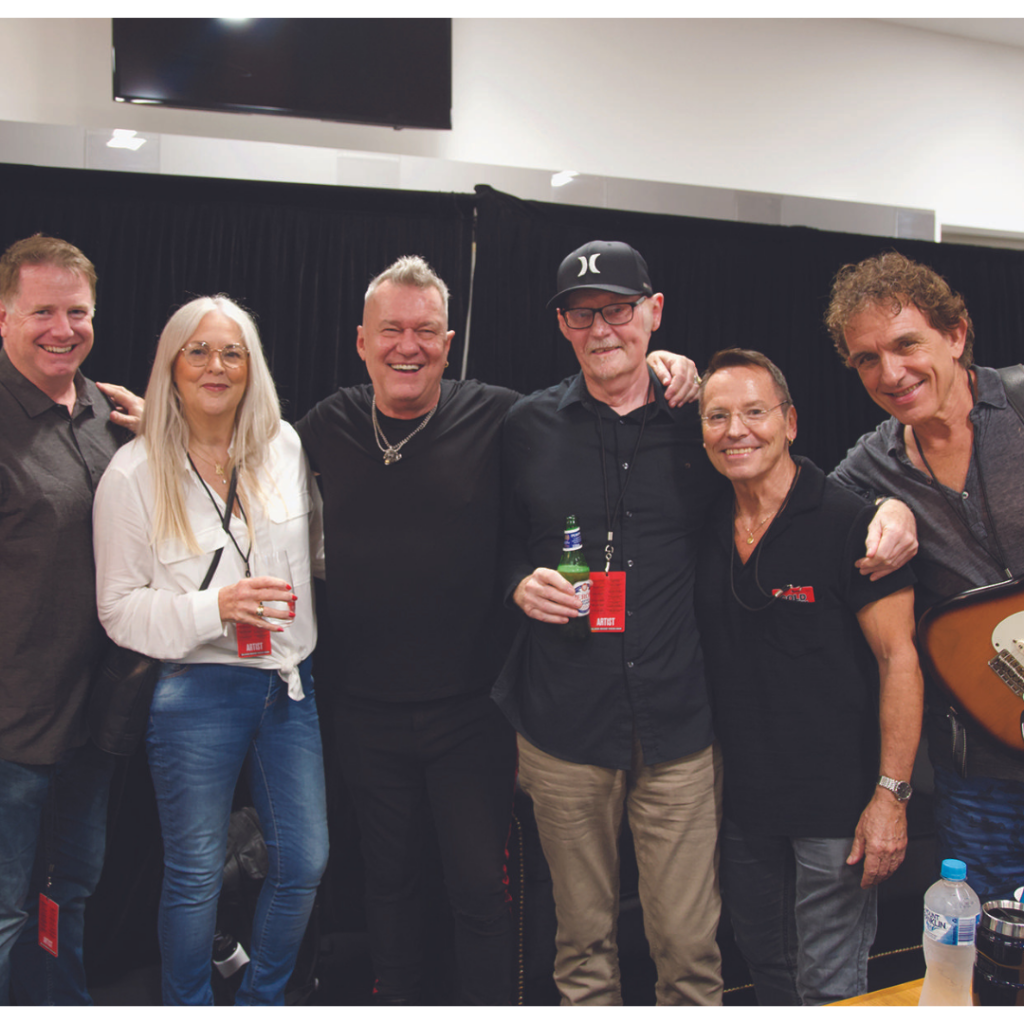
Cold Chisel with John Watson (far left), Gay and Rod Willis at Paramatta Stadium, 2020.
Photo by: Robert Hambling
To find out more about “Ringside” or to order your own copy, visit us in-store or online here.
You can keep up to date with Rod on his social media pages:
Instagram: @ringsidethebook
Facebook: @Rod Willis
Facebook Page: @Cold Chisel


